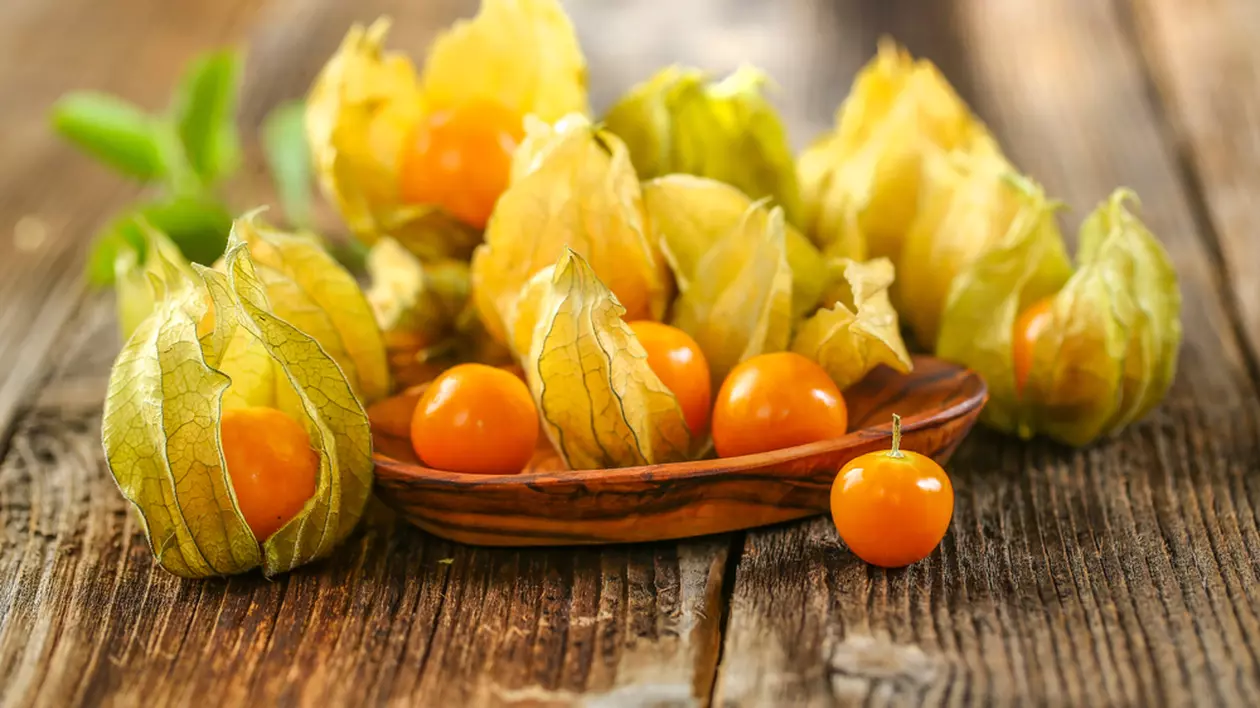When it comes to boosting your immune system and improving skin health, vitamin C is a go-to nutrient. While oranges and lemons are famous for their high vitamin C content, there’s a lesser-known fruit that deserves a spot in the spotlight: Physalis, also known as goldenberry, cape gooseberry, or ground cherry.
What is Physalis?
Physalis is a small, round fruit encased in a papery husk that resembles a lantern. It belongs to the nightshade family, making it a cousin to tomatoes and eggplants. Native to South America, Physalis has been used for centuries in traditional medicine and cuisine. Today, it’s grown in various parts of the world and appreciated for its unique sweet-and-tart flavor, often described as a cross between a pineapple, tomato, and mango.
A Powerhouse of Vitamin C
Physalis is an excellent source of vitamin C, providing up to 20–30 mg per 100 grams, depending on ripeness and variety. That’s about one-third of the recommended daily intake in just a small handful of fruit! Vitamin C is essential for:
- Immune support – It helps protect the body from infections and speeds up recovery.
- Collagen production – Important for healthy skin, joints, and wound healing.
- Iron absorption – It enhances the absorption of non-heme iron from plant-based foods.
- Antioxidant protection – It fights free radicals that can lead to premature aging and chronic diseases.
Additional Health Benefits
Beyond vitamin C, Physalis offers a range of other health benefits:
- Rich in antioxidants: Including polyphenols and carotenoids, which support cellular health.
- Anti-inflammatory properties: Traditionally used to reduce inflammation and support respiratory health.
- Low in calories and high in fiber: A great option for those managing weight or blood sugar levels.
- Contains vitamins A, B1, B2, and B3, as well as iron and phosphorus.
How to Enjoy Physalis
Physalis is incredibly versatile. You can enjoy it:
- Fresh as a snack
- In salads for a burst of tangy flavor
- In smoothies or juices
- As a garnish for desserts and cocktails
- Dried, like raisins or cranberries
- In jams, chutneys, and sauces
To prepare, simply remove the papery husk and rinse the fruit thoroughly. The golden-orange berries are ready to eat when they are fully ripe and slightly soft to the touch.

If you’re looking for a nutrient-dense superfruit to add to your diet, Physalis is a delicious and healthy choice. With its high vitamin C content, antioxidant profile, and unique taste, this small fruit packs a big nutritional punch.
Whether eaten fresh or incorporated into your favorite dishes, Physalis is more than just a pretty fruit—it’s a smart addition to any health-conscious kitchen.

